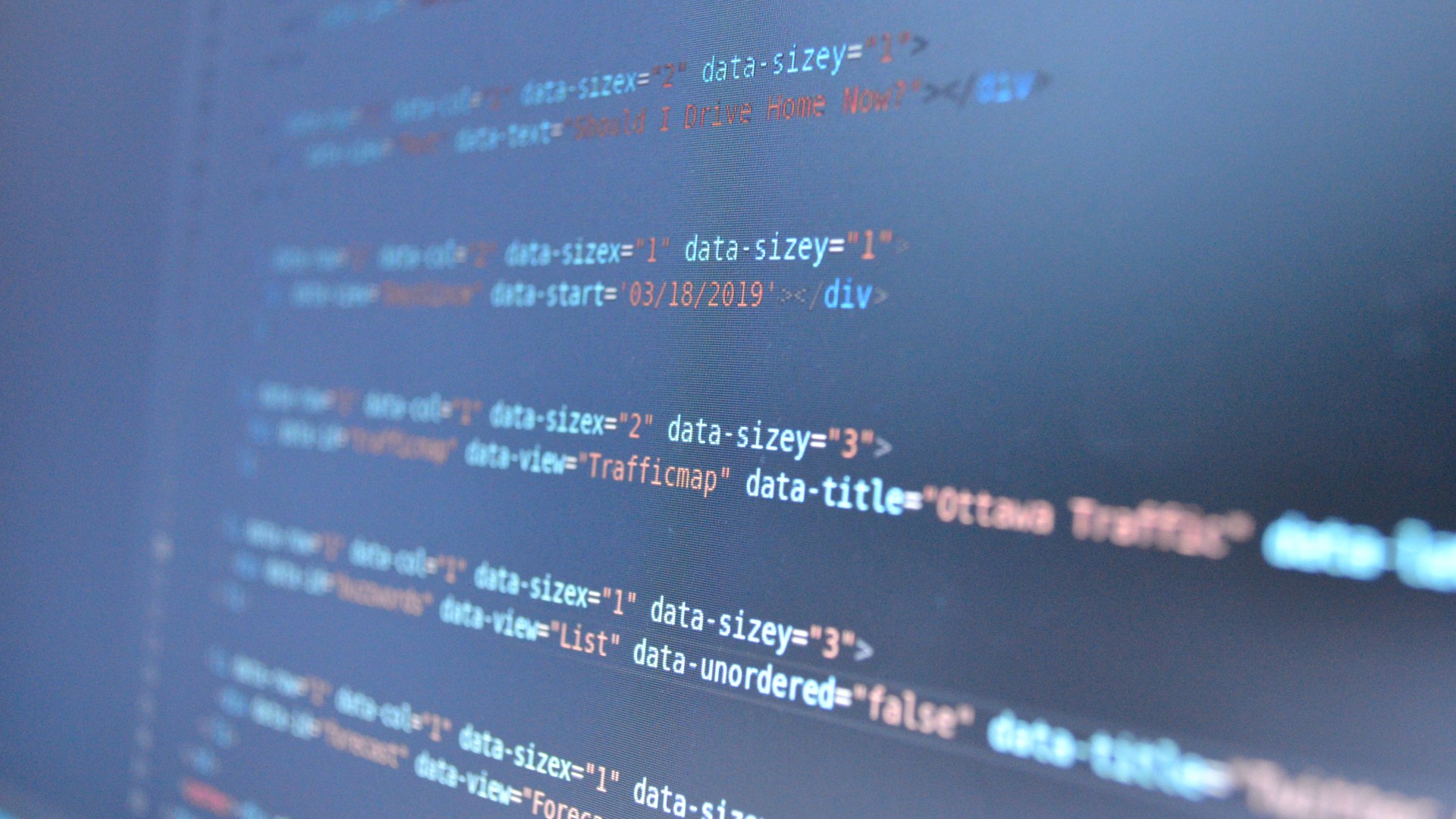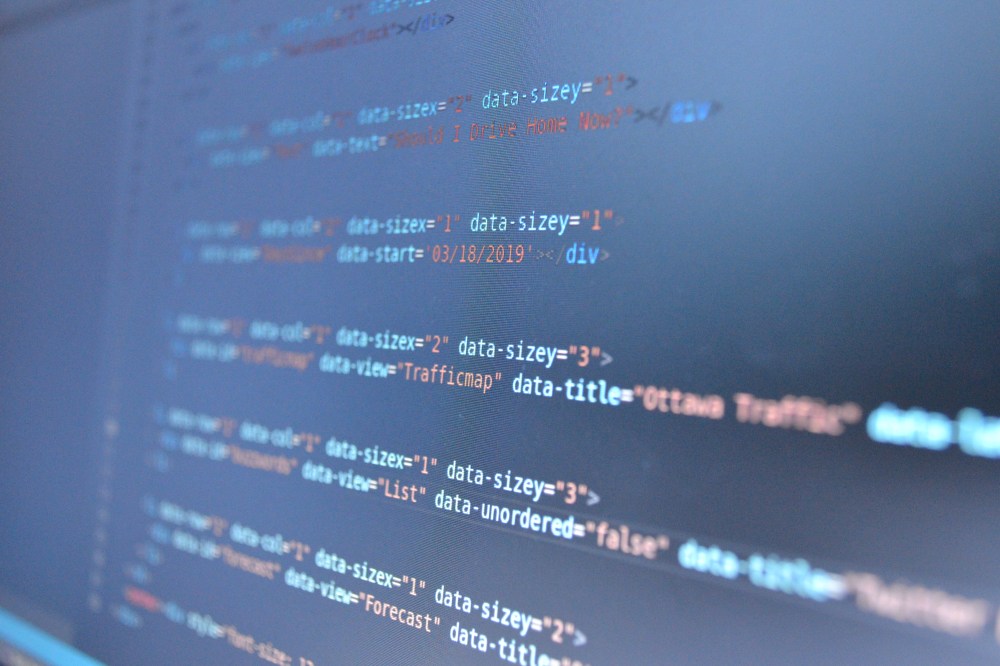Google Code-In 2019: The next generation of technologists contribute to Wikimedia’s code
By Andre Klapper and Sarah R. Rodlund, Wikimedia Developer Advocacy
For a decade, the annual Google Code-In contest has provided a fun and exciting opportunity for teenagers, ages 13-17, to build their technical and coding skills and to learn important lessons in cooperation and community. This year’s contest brought 194 students together with 43 mentors and 6 organizational admins to complete 715 Google Code-In tasks on Wikimedia projects. Volunteer mentors are from Free and Open Source organizations. Students compete to complete tasks over the course of the program’s run. This year, Google Code-in ran from December 2019–January 2020.
Participation is completely online and remote. The program gives young learners an opportunity to use their technical skills, learn new ones, and interact with other young technologists from around the world.
Mentors from the Wikimedia technical community play an essential role in the contest by proposing tasks and providing guidance to Google Code-In participants.
Small tasks, big accomplishments
In 2019, students had a variety of mentored tasks to choose from; these ranged from non-technical to technical — ensuring participants along the spectrum of skills can participate. Every contribution helps to improve Wikimedia projects, which are used by people all around the world.

Students and mentors can join anytime during the month of the contest. Tasks are created and monitored by mentors. As tasks are completed, participants can choose from new ones, which are added throughout the contest.
There were a number of requests for graphic design work for logos and stickers for technical projects and community gatherings. Several designs were proposed for a “Personal Space Needed” sticker that attendees can wear at conferences when they need time to themselves.

Participants also designed logos for the VideoCutTool tool and the MediaWiki FormWizard Extension.
Several tasks helped improve user experiences. One asked students to improve the user experience for folks uploading videos to Wikimedia Commons, an online repository of millions of freely usable media to which anyone can contribute. Another task was to transcribe music on Wikipedia using Lilypond. This makes it possible for users to listen to musical compositions and read scores on Wikipedia articles.
Even small contributions can make a huge difference. One popular task asked students to search for spelling and grammar errors in code. This may seem like a tiny task, but it increases the quality of the code and keeps it functional and understandable.
Check out the complete list of tasks to learn more about the technology and tasks the students contributed to.
Working together
As part of the program students not only worked on tasks, they built other valuable skills like communicating online and working together.
In the words of one of the winners, Netx, from their post contest blog, “Google Code-in is a great way to get people into open-source development, which I think is important…something which I found constantly cool was people constantly helping each-other with any issues they had. In times of such division across the world, collaboration like what I saw made me feel great.”
Read more of the student’s Google Code-in wrap-up blog posts.
Winners
At the end of the contest, winners were announced.
This year’s Wikimedia finalists are Andrey Shcherbakov, Taavi Väänänen, Jan Rosa, Nicholas Gregory.
This year’s Wikimedia winners are Ben Houghton and Manuel Alcaraz Zambrano
View the full list of winners.
Congratulations to all the students who participated!
A standing ovation for the mentors
Google Code-In and other outreach programs would not be possible without the help of mentors who share their expertise and time with students, interns, and mentees. Program mentors come from all around the movement. Some are even past program participants who have returned to the mentorship role.
Volunteer mentors share their time and expertise to help foster the next generation of technologists.
Thank you to all the mentors! We hope you join us again next year!
About this blog post
Featured image credit: Une image floue de code, Smile_Eh, CC0 1.0 Universal (CC0 1.0)

